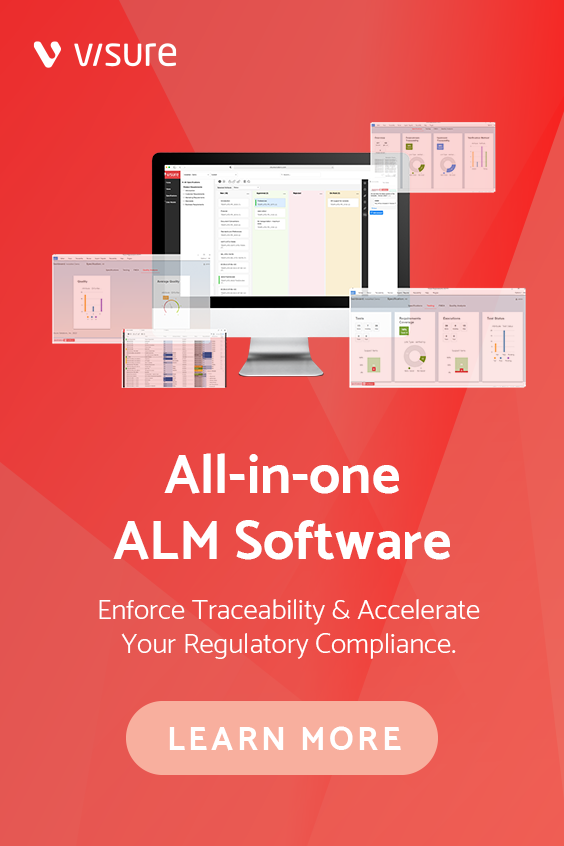In today’s competitive landscape, organizations are under immense pressure to deliver complex projects on time, within budget, and with the expected quality. To meet these demands, businesses are increasingly turning to Artificial Intelligence (AI) to boost project success rates. By leveraging AI, project managers and teams can streamline processes, enhance decision-making, and minimize risks throughout the project lifecycle.
Why AI is Critical for Modern Project Management
AI-powered tools have transformed traditional project management into a data-driven discipline. From automating routine tasks to providing real-time insights, AI helps organizations achieve higher levels of efficiency, accuracy, and control.
Key Benefits of Using AI in Project Management
- Automated Task Management: AI eliminates repetitive tasks, freeing up project managers to focus on strategic initiatives.
- Predictive Analytics: By analyzing historical data, AI forecasts potential risks, delays, and budget overruns, enabling proactive planning.
- Improved Resource Allocation: AI optimizes resource scheduling to ensure the right people are working on the right tasks at the right time.
- Enhanced Collaboration: AI-powered platforms foster better communication and collaboration among distributed teams.
How AI Supports Each Stage of the Project Lifecycle
Understanding how AI integrates into every phase of the project management process is key to maximizing project success.
1. Requirements Gathering and Definition
Accurate requirements gathering is critical for project success. AI-powered requirements engineering tools can:
- Automatically analyze stakeholder inputs.
- Detect inconsistencies and ambiguities.
- Suggest improvements to requirement specifications.
2. Project Planning and Scheduling
AI-driven project planning tools help project managers create realistic schedules by:
- Identifying dependencies and bottlenecks.
- Running simulations to test different scenarios.
- Optimizing timelines based on historical project data.
3. Risk Management and Issue Resolution
AI enhances risk management by:
- Continuously monitoring project health.
- Predicting potential risks before they escalate.
- Recommending mitigation strategies based on similar past projects.
4. Execution and Monitoring
AI automates progress tracking and provides real-time dashboards, enabling stakeholders to:
- Monitor key performance indicators (KPIs).
- Receive early warnings for schedule or budget deviations.
- Make data-driven decisions instantly.
5. Post-Project Analysis and Knowledge Management
After project completion, AI can:
- Analyze project outcomes against initial goals.
- Identify best practices and lessons learned.
- Support continuous improvement for future projects.
Best Practices for Implementing AI in Project Management
To fully leverage AI for project success, organizations should follow these best practices:
1. Choose the Right AI-Enabled Tools
Select project management software that integrates advanced AI features such as natural language processing, predictive analytics, and intelligent automation.
2. Train Teams to Embrace AI
Ensure project managers and team members understand how to use AI tools effectively. Provide training and encourage a culture of data-driven decision-making.
3. Start Small and Scale Gradually
Begin with pilot projects to test AI capabilities and refine processes. Gradually expand AI adoption as your team becomes more comfortable and sees measurable results.
4. Maintain Data Quality
AI is only as good as the data it analyzes. Implement robust data governance practices to ensure your project data is accurate, up-to-date, and accessible.
Future Trends: AI and the Evolution of Project Management
AI will continue to evolve, bringing even greater advancements to project management. Emerging trends include:
- AI-Powered Virtual Assistants: Helping project managers with scheduling, reminders, and stakeholder communication.
- Advanced Predictive Models: Offering deeper insights into project success factors and enabling continuous improvement.
- Integration with Other Technologies: AI combined with IoT and big data will provide even richer data sources for better decision-making.
Conclusion: Achieve Project Success with AI
Leveraging AI to maximize project success is no longer optional—it’s a competitive necessity. By adopting AI-enabled project management solutions, organizations can improve requirements definition, optimize planning, enhance risk management, and ensure full project lifecycle coverage. Investing in AI-powered tools and training will position your team to deliver successful projects that meet or exceed stakeholder expectations.
Ready to transform your project outcomes? Explore AI-driven project management solutions today and stay ahead of the competition!
Register Now: Interactive Web Session – Leveraging AI to Maximize Project Success
Title: Leveraging AI to Maximize Project Success
Date: July 22nd, 2025
Time: 1:30 PM PST | CEST | EST | New Zealand Time
Join industry leaders in an engaging live discussion on how to harness Artificial Intelligence to drive project success and transform your project management practices.
Featured Panelists:
- Mark Summers, Practice Director, Quality & RPA, Apex Systems
- Fernando Valera, CTO, Visure Solutions
- Shane Hastie, Global Delivery Lead, Skills Development Group
Discover proven AI best practices, actionable strategies for project teams, and real-world insights to help you enhance requirements definition, streamline project delivery, and achieve full requirements lifecycle coverage with AI-powered solutions.
Don’t miss this opportunity to learn how leading organizations are using AI to boost efficiency, reduce risk, and maximize ROI.


